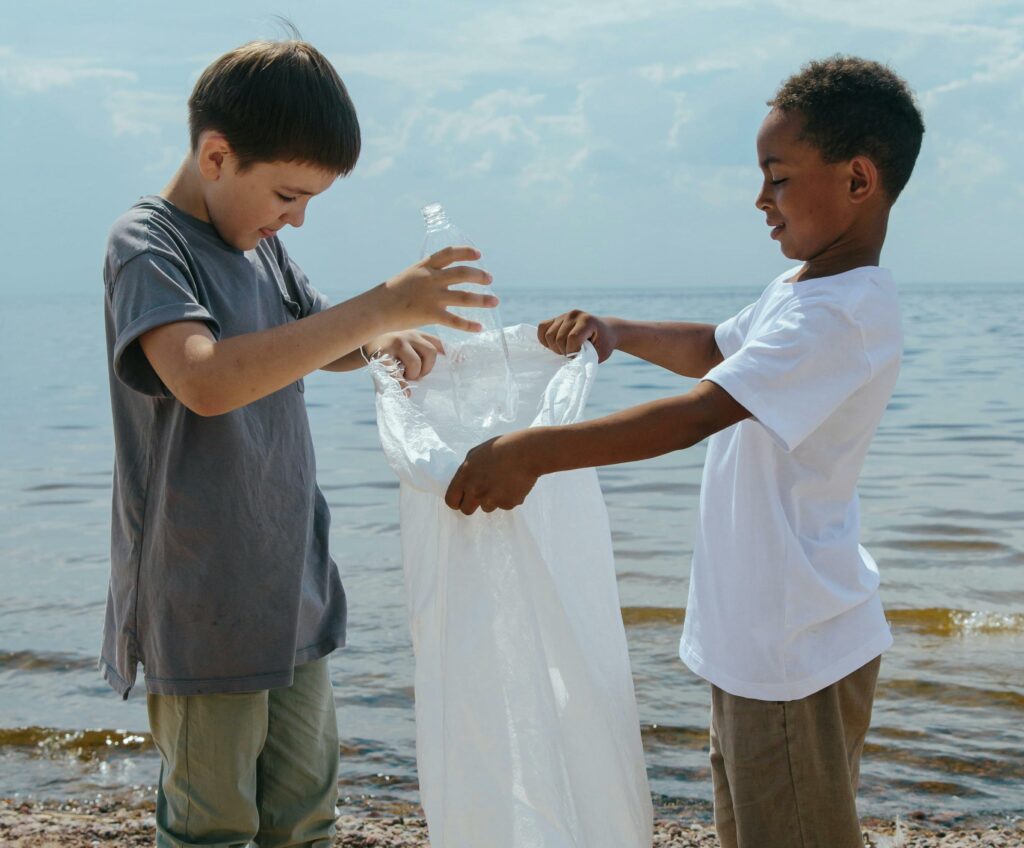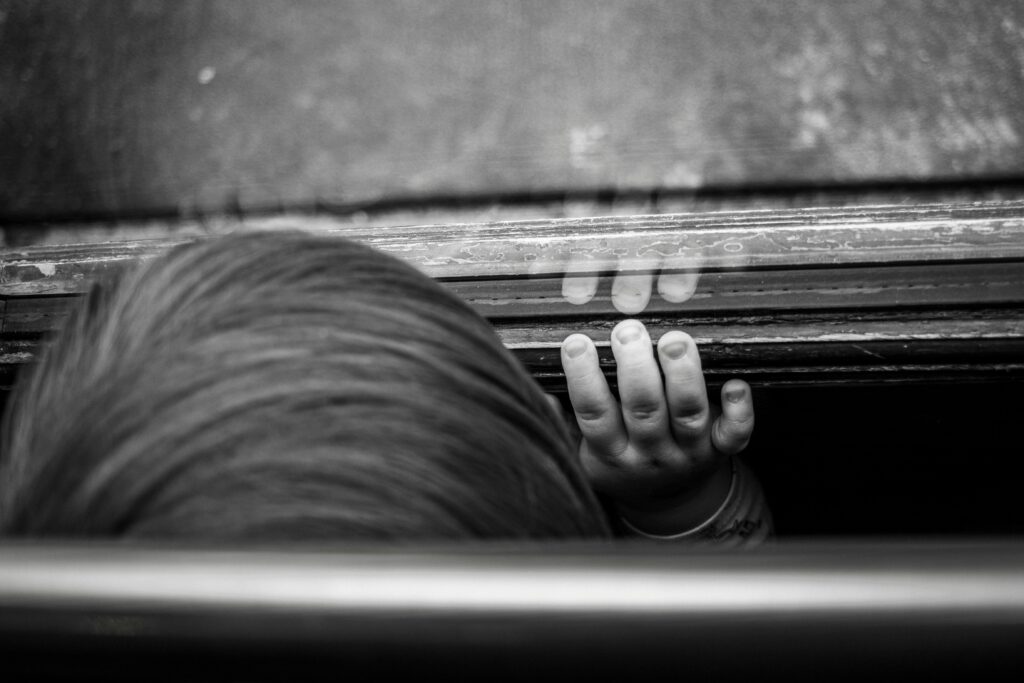With wildfires in Colorado and nearby states affecting air quality, it’s important to take some steps to protect your children from smoke.
Children are at a Higher Risk from Wildfire Smoke Exposure
Wildfire smoke is made up of gases and fine particles, but the biggest health risk is from the fine particles. They can penetrate into lungs and cause a range of health problems.
Children are more susceptible to smoke exposure from wildfires because they are more active than adults and breathe more air relative to their size. They also are at an increased risk compared to adults because their bodies are still growing and developing.
Kids who are exposed to wildfire smoke may have the following symptoms:
- Coughing
- Burning throat, nose, or eyes
- Trouble breathing or shortness of breath
- Feeling dizzy or lightheaded
- Chest tightness or pain
If your child exhibits any of these symptoms, then it’s a sign they need to lower their exposure to smoky air.
If your child has asthma or other breathing problems, they are at an even greater risk. You should keep your child indoors where there is clean air and keep an eye out for the symptoms listed above. If their medication isn’t giving any relief, contact our office. Or, in the case of an emergency, contact 911.
How to Check Air Quality Before Heading Outside
If wildfire smoke is in the area, you should keep an eye on air quality levels before making plans outside. You can use www.airnow.gov or PurpleAir to see the Air Quality Index (AQI) for your zip code.
If the AQI of your area is 151 or higher, your child should have minimal outdoor activity. If being outside isn’t necessary, then it’s better to stay indoors. Athletic and physical education activities also should be moved indoors or cancelled.
For kids with asthma or other breathing problems, you may need to minimize outdoor activities at a lower AQI than 151.
Preserving Air Quality Indoors
When there’s smoke outside, you can take extra measures to preserve the quality of the air indoors. Keep your windows and doors closed—unless it’s extremely hot outside and you don’t have air conditioning. In that case, move to another location where air conditioning is available, such as a relative’s house.
If you have central air, set it to re-circulate and replace the filter with a filter rated MERV13 or higher. In addition, you can also use a stand alone air purifier that has a HEPA filter.
Avoid activities that can reduce indoor air quality, such as cooking on a stovetop. Vacuuming also can stir up smoke particles and should be delayed until outdoor conditions improve.
Do face masks help prevent smoke inhalation?
If you have to be outside, some types of masks can help filter some of the small smoke particles. Cloth face masks or coverings that kids wear to decrease the spread of COVID-19 don’t reduce exposure to wildfire smoke. Breathing through a wet cloth, mask, or bandana also won’t help.
NIOSH-approved N95 masks and medical masks will provide better protection, as long as they are well-fitted to the face. An N95 mask that is child-size will provide the best protection, but can be difficult to find for young children. For kids over 7, a N95 mask is more likely to fit their face. Child-sized medical masks are the next best thing but offer less protection than an N95 mask.
The fit is important and must create a seal—if there are gaps around the face, chin, or nose, they will breathe more smoke particles.
If you are stuck outdoors, you can try taking breaks in your vehicle and setting the air to recirculate in the car.
When to Contact Us
If your child is exhibiting some of the symptoms above and you are concerned, contact your provider at Pediatrics West at 720-284-3700.


